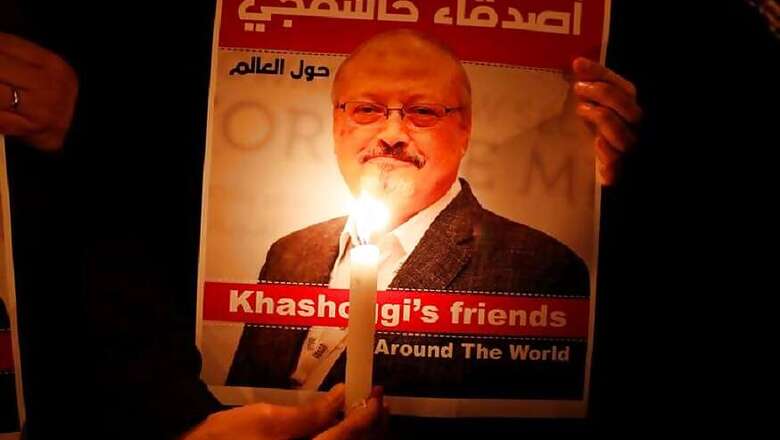
views
Washington: The Saudi authorities do not know what happened to the corpse of Jamal Khashoggi, a senior minister has said, amid reports that the dismembered body of the dissident journalist was "dissolved" after his brutal murder inside the Kingdom's consulate in Turkey.
Saudi Arabia has admitted that Khashoggi's killing on October 2 in Istanbul was premeditated and carried out by a group of men in the inner circle of Crown Prince Mohammed bin Salman. The Washington Post, for which Khashoggi used to write, has reported that the Central Intelligence Agency has concluded that Salman "ordered" the killing.
But Riyadh denies that the crown prince had any involvement in the killing of 59-year-old Khashoggi, who was once a Saudi government insider, but had gone into self-imposed exile in the US. He had become an outspoken critic of the country's powerful Crown Prince Salman.
The dissident journalist was dismembered after his murder in October in the Saudi consulate in Istanbul but his remains have yet to be located.
On Sunday, the Saudi minister of state for foreign affairs, Adel al-Jubeir, said the government does not know where Khashoggi's body is. When asked where Khashoggi's body is, he told CBS News, "We don't know."
He said they have asked the suspects that there are "a number of possibilities" and "this investigation is ongoing". "I would expect eventually that we would find the truth."
Khashoggi's murder was a "horrific crime" and a "huge, huge mistake," Jubeir said but insinuated that there has been an unfair focus on this specific case driven, in part, by politics.
"You have had so many journalists murdered in the last year," Jubeir said, when asked about criticism from US lawmakers. "Are they going to legislate sanctions against all countries where these journalists have been killed?"
"Mistakes happen," Jubeir told journalists in Washington on Friday, adding that an internal investigation into the killing is ongoing. "Those responsible will be held accountable."
At the same time, he said, Saudi Arabia does not need a United Nations-led probe or an international investigation into Khashoggi's murder because the country's "competent legal system" can handle the matter.
According to media reports, 11 suspects have been indicted and referred to trial in Saudi Arabia with five facing the death penalty. The proceedings have not been public.
The UN special rapporteur on extrajudicial executions, Agnes Callamard, who recently carried out a weeklong inquiry in Turkey into the Khashoggi killing and concluded in preliminary findings it was "a brutal and premeditated killing, planned and perpetrated by officials of the state of Saudi Arabia".
Callamard said Saudi Arabia also "seriously undermined" Turkey's efforts to investigate Khashoggi's killing at its Istanbul consulate.
She has demanded access to Saudi Arabia and expressed "major concerns" about the fairness of proceedings for those facing trial in the kingdom over Khashoggi's murder.
"The UN rapporteur that you talked to is not engaged in a UN investigation," Jubeir said. "She is doing this on her own, in her capacity as rapporteur of human rights, and she went to Turkey and she came back and issued opinions that are her own, these are not United Nations' opinions," he said.
The body of the journalist Khashoggi was "dissolved" after his murder and dismemberment at the Saudi consulate in Istanbul, Yasin Aktay an adviser to the Turkish President Recep Tayyip Erdogan has said.
"We now see that it wasn't just cut up; [the Saudi suspects] got rid of the body by dissolving it," Aktay, also an official in Turkey's ruling party, told the newspaper Hurriyet in November, amidst the global outrage over the incident.
Meanwhile, US President Donald Trump refused to meet a legal mandate Friday to tell Congress whether the White House thinks Saudi crown prince Salman is personally responsible for the murder of Khashoggi.
"The President maintains his discretion to decline to act on congressional committee requests when appropriate," a senior administration official told CNN amid criticism from the Democratic Party.
The White House decision came a day after an explosive New York Times report that cited US and foreign officials with direct knowledge of intelligence reports who say that Crown Prince Salman told a top aide in 2017 that he would use "a bullet" on Khashoggi.
"The law is clear," said Juan Pachon, spokesman for the Democratic side of the Senate Foreign Relations Committee. "The President has no discretion here. He's either complying with the law or breaking it."
The Global Magnitsky Act gives the President 120 days to determine whether a foreign individual is responsible for extrajudicial killings and report the findings to Congress as well as whether the President intends to impose sanctions on that person.
A National Security Council source quoted by the network insisted that the administration is under "no legal obligation" to respond, but added that the State Department would send a letter to Congress on Friday. The source did not disclose the contents of that letter.












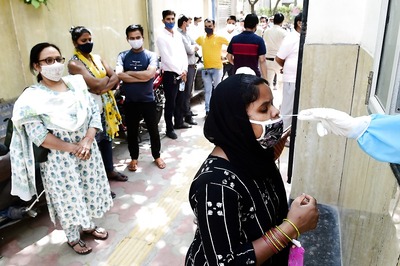
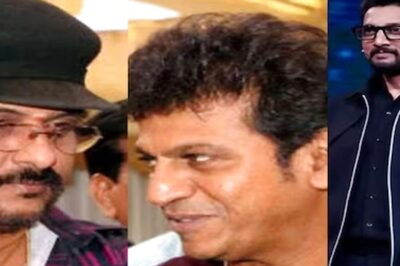

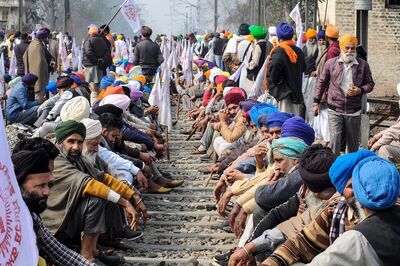


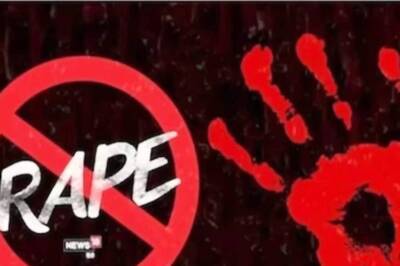

Comments
0 comment